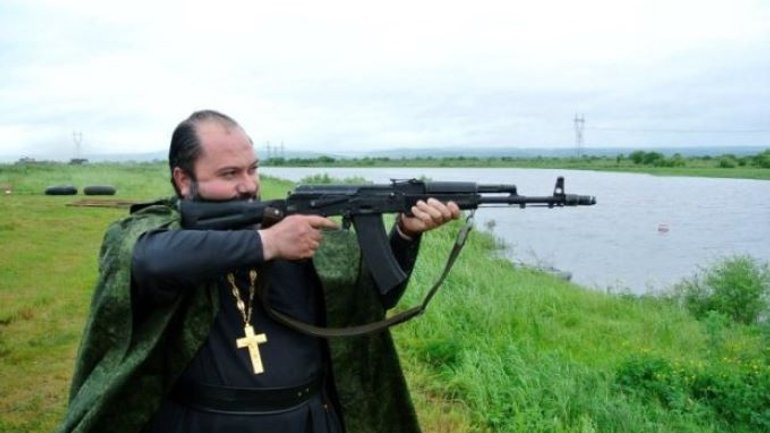Religious groups not approved by Russia face restrictions in Donbas – U.S. State Department report.

In the territory of ORDLO, controlled by the "DPR" and "LPR" groups supported by Moscow, religious groups that are not approved by Russia face restrictions, according to the U.S. State Department's report on freedom of religion in the world for 2020.
"According to press reports, religious groups not approved by Russia continued to face restrictions, especially the religious groups that were legal in Ukraine but illegal in Russia, such as Jehovah's Witnesses and the independent Muslim community Hizb ut-Tahrir, whose members continued to face arrest, detention and persecution," the report said.
Full text of the report:
According to the State Department, similarly, the OCU, which competed for believers from the UOC-MP, continued to declare unfair treatment and persecution in 2020. Earlier, the Prosecutor General's Office said that it is investigating the harassment of priests of the Orthodox Church of Ukraine in the occupied territories.
"Sources report that the Russian-backed authorities of the "DPR" and "LPR" continued to detain and imprison Jehovah's Witnesses, as well as leaders of other religious groups. According to Jehovah's witnesses, the "LPR" continued to ban the group as an "extremist" organization, while the "Supreme Court" of the "DPR" supported such a ban," the document says.
According to reports from Protestant groups and Jehovah's Witnesses, many of their members fled these areas to avoid restrictions and achieve greater religious freedom, the U.S. State Department said.
"According to the Office of the United Nations High Commissioner for Human Rights, most religious groups recognized under Ukrainian law continued to be unable to re-register due to the strict legal requirements of Russian law preventing or deterring re-registration. Many religious groups continued to refuse to re-register because they did not recognize the power established by Russia in the "DPR" and "LPR," the state Department said.
The U.S. State Department, in its 2019 report on freedom of religion in the world, indicated that Russia is harassing and intimidating religious minorities, Jehovah's Witnesses, the Orthodox Church of Ukraine and Crimean Muslim Tatars in the annexed Crimea.
Earlier, a report by the U.S. Commission on International Religious Freedom reported that Russia was among 14 countries in the world that the U.S. State Department should include in the list of "countries of particular concern." In particular, the report refers to Russia's violation of the right to freedom of religion in the annexed Crimea.
Among the most high-profile cases regarding the violation of human rights and religious rights, human rights activists call the so-called "Hizb ut-Tahrir cases" opened mainly against Muslims by the Russian occupation authorities, the persecution of Jehovah's Witnesses and violations of the rights of the community of believers of the Orthodox Church of Ukraine.
In 2017, the Supreme Court of Russia recognized the religious organization "Jehovah's Witnesses" as extremist and banned its activities in the country. Human rights activists noted that the court's decision "did not provide a single fact of violation of public order by believers, manifestations of aggression or violence on their part, as well as evidence that their activities threatened the security of the Russian Federation."
Source: Radio Svoboda